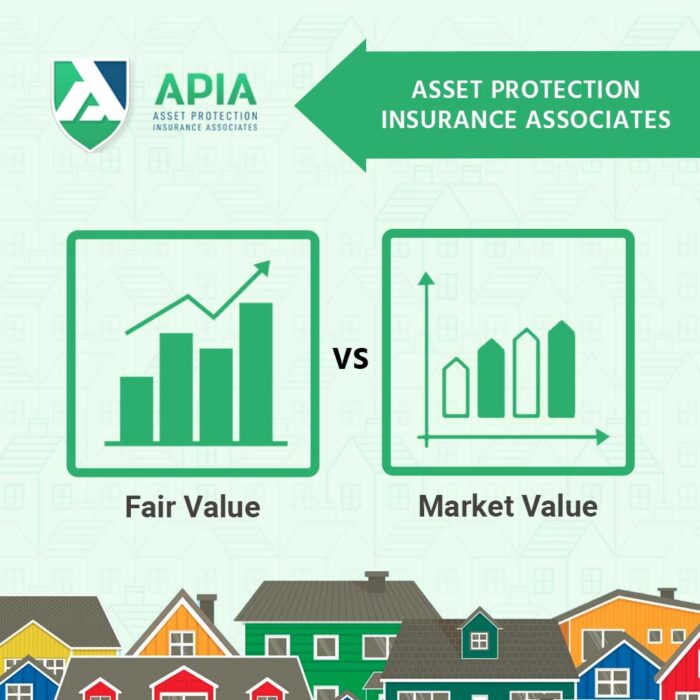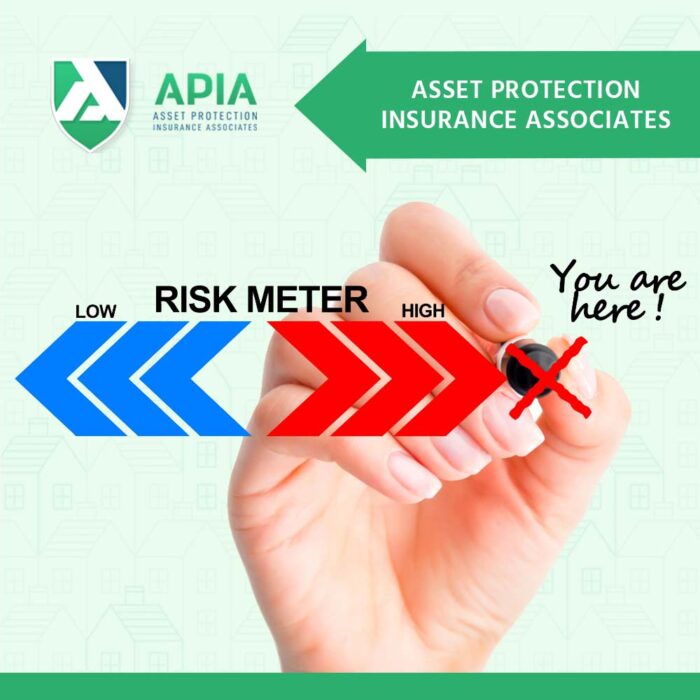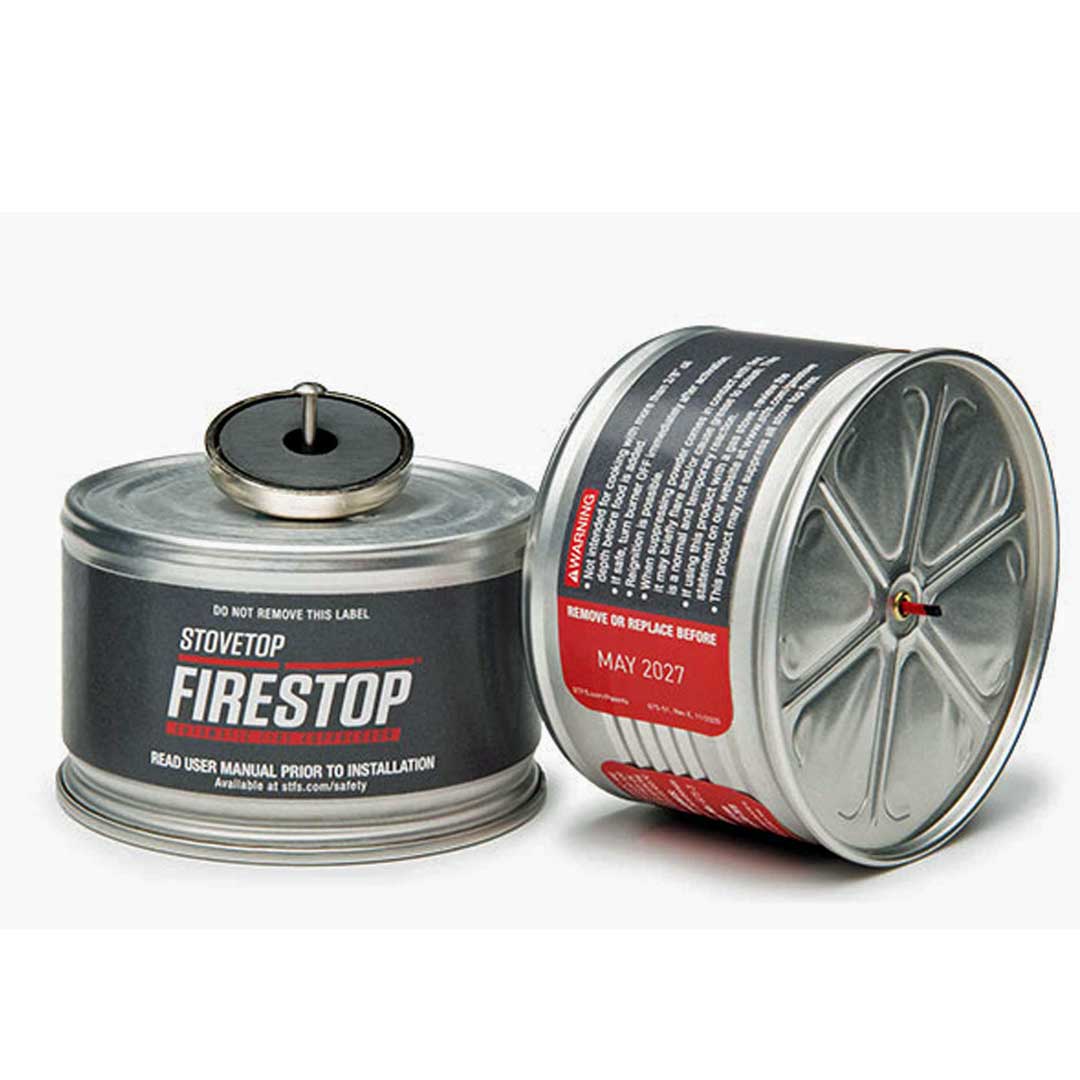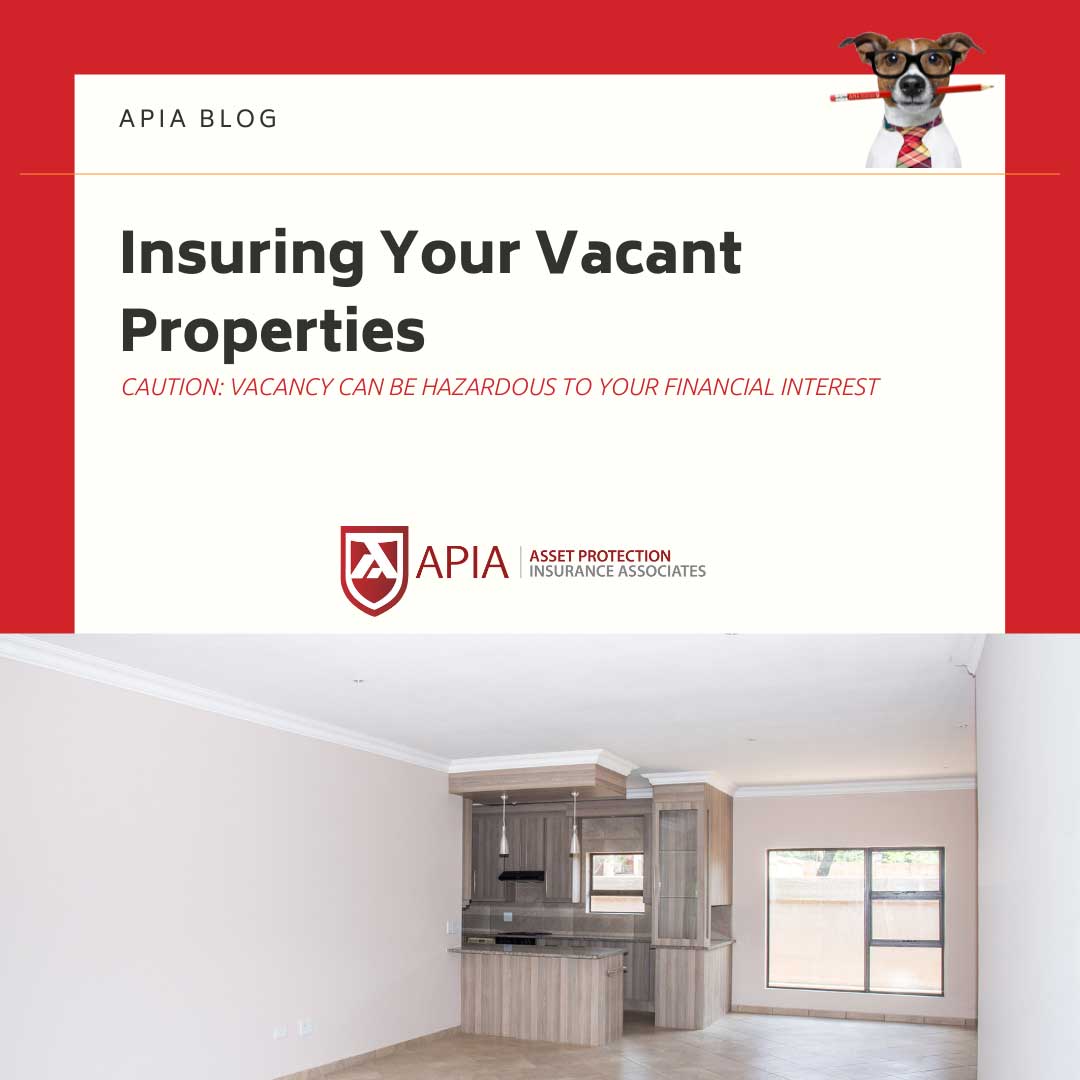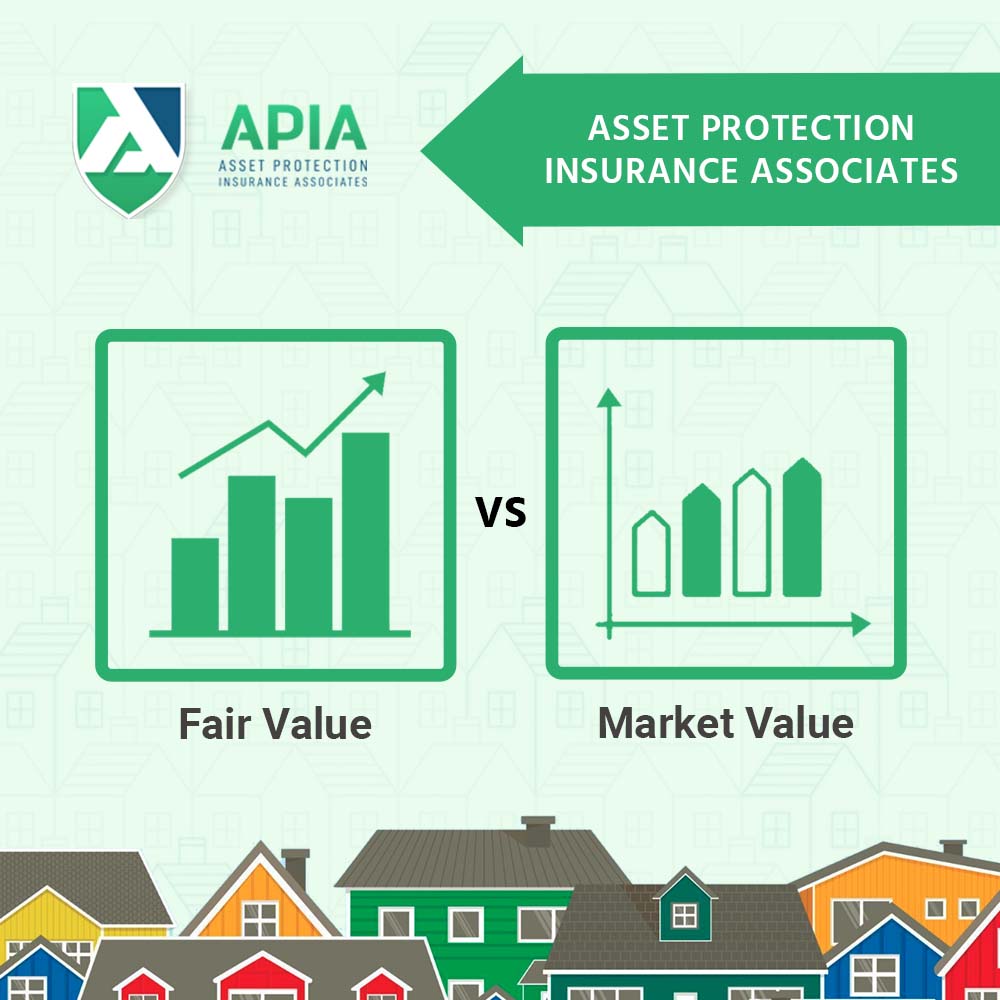
Knowledge Is Power
Investing in yourself and your knowledge base is one of the most valuable investments you can make. So, familiarizing yourself with insurance terms, like fair market value, will yield a better understanding of the overages you may or may not need, when suggested by your agent. At a minimum, learning the terminology equips you to understand terms used to describe your insurance options and helps you make an educated decision, as to whether you are properly insured or not.
Some of today’s most misused phrases are Current Market Value and Fair Market Value. While you can read about how Fair Market Value is not associated with the level of insurance you carry, perhaps providing an in-depth example of what the term really means to investors and owners will help.
Fair Market Value Definition
Fair Market Value is the price at which a willing and knowledgeable seller, who is not under duress, would sell a property to a willing and knowledgeable buyer who is not under duress. Foreclosures and short-sales are not indicative of Fair Market Value. In these cases, the seller, whether it’s a bank or an individual, is under duress. They simply do not meet the guidelines of the Fair Market Value definition. Fair Market Value must be kept separate from purchase price, asking price, or any other price, except when it involves the two parties listed in the definition.
Fair Market Value Factors
There are numerous factors involved in considering Fair Market Value–the most important being location. A Commercial Retail Store Front, in a high crime area of a big city, is not going to sell for the same price as a Commercial Retail Store Front, in a wealthy end of town. However, the cost of supplies such as wood, bricks, and electric wiring, to replace the building, in the event of a complete loss from a fire, would be about the same.
Current Market Value Definition
Simply stated, the definition of Current Market Value is found in the title. It is the current price for which the house will sell today. It includes issues of duress, such as short sales and foreclosures, from the surrounding area. Whereas Fair Market Value would be used in a retail setting, when buyer and seller work together. And neither is motivated by undue stimulus. Current Market Value is found in a setting where surrounding foreclosures and threats of short-sales would be taken into consideration.
Case in Point
Neither Current Market Value or Fair Market Value have anything to do with the level of insurance that you should have on your investment properties. Let’s look at an example with Current Market Value. In this illustration, let’s say you are a buyer, in a depressed area. You wish to purchase a property for $100,000 from a person who is going through the short-sale process. After looking at comparable sales in the area, it appears that this house, which is in great condition, would sell for $250,000, if many of the neighbors were not in the same situation. You figure you can rent the house, and then wait for it to recover to its Fair Market Value. In this situation, the Fair Market Value would be $250,000.
The Current Market Value is $100,000. So where does this leave us in regard to insurance? Insurance has nothing to do with these two prices because it has everything to do with how much it would cost to replace the building, in the event of a complete and total loss. Remember, inside of the Fair Market Value is the value of land and the foundation which isn’t covered in most policies. In a vague sense, insurance is worried about putting the walls and the roof back up on the existing foundation and the land does not have to be repurchased.
In our example, the investor might discover that it takes $175,000 to repair the house and bring it back to ideal condition. You can see that if the investor only insures it for what he paid for it ($100,000), he would be out $75,000. He can’t insure the house for Fair Market Value ($250,000) because that’s not what it would cost to make the house whole again.
Making Things Whole
- Why can’t this investor, from the example, insure his property up to $250,000 (FMV)? There are a couple reasons for this. Insurance is only allowed to make you whole. You cannot profit from insurance. Our investor would have profited by $75,000 in our example.
- This would be like insuring an investment. That also is not allowed in an insurance contract. Insurance contracts can only insure situations that can be accurately measured (i.e. how much it costs to rebuild a house). The cost of wood is known, the cost of a brick is known. The Fair Market Value is not a fact. It is an appraiser’s very professional estimate under non-stimulated conditions.
What’s the Lesson to be Learned?
Do not confuse Current Market Value or Fair Market Value with replacement cost. These are all different. Be proactive with your investment property insurance! Don’t take for granted that just because you have insurance it’s enough insurance or the right type of insurance. Let Asset Protection Insurance Associates (APIA) help you get it right. Our insurance experts specialize only in Real Estate Protection Insurance. As a consumer, it’s your responsibility to protect your investments and property.
The coinsurance percentage is in place to give you some variance in your individual situation. But insurance is not designed to be an edge-of-a-mountain walk. The risk of not being fully covered is not worth saving a few dollars in premiums. At APIA, our recommendation is to take a moment to get with one of our agents and go over your policies. Our APIA agents will do this annually with you; it’s simply a matter of you making the time for us to help.
What We Do
At APIA, our mission is to build strong relationships with clients by providing exceptional customer service. In addition we provide competitive pricing, promptness in delivering important documents, and responding to questions and concerns. We have the flexibility to meet the unique demands of both investors and financial institutions.
Multiple policies can be a lot to track. APIA has built programs to put all your properties under ONE insurance policy. We’ve been helping investors save time and improve cash flow nationwide, since 2001. We also work with financial institutions and mortgage services to help simplify the process of REO and forced placed insurance. We can help!

